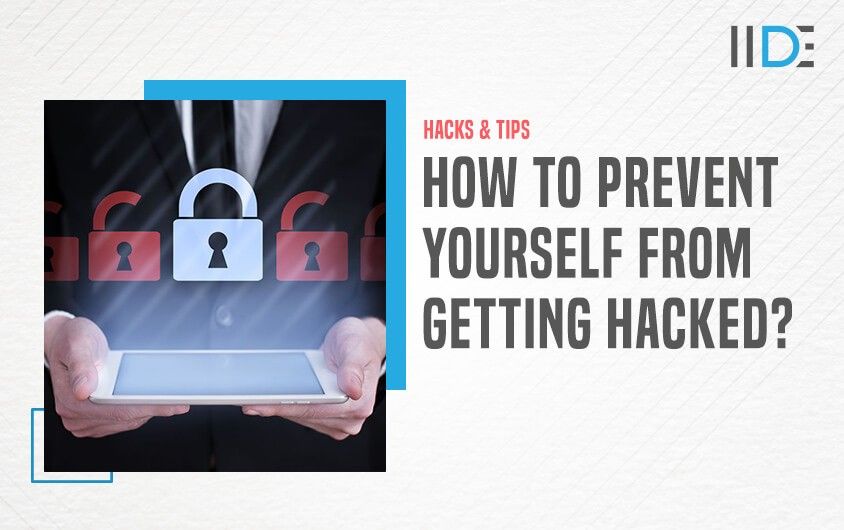Top 10 Online Safety Tips Everyone Must Follow
1. Create strong passwords
Yes. There’s a reason why this advice is so popular. Using strong, unique passwords for accounts and devices protects your personal and financial information against hackers who rely on “guesswork” to get access to accounts.
Also, use various passwords on different sites so that a hacker can’t guess the password for one account and gain access to all of your accounts. Using a password manager is an excellent method to keep track of all your passwords.
However, this is not 100% safe but is still better than having all your passwords lying around in a notebook somewhere.
2. Connect to a secure network
When connecting to a Wi-Fi system, make sure that the network you are connected to is password protected. Your home or work network probably uses a password-protected router but when you are on the road, you might be tempted to use an open or free public Wi-Fi, which isn’t password protected.
The problem with using a public network that isn’t secured is that all your information such as passwords, bank details, etc. can easily be accessed by a hacker and used maliciously.
3. Keep your firewall and antivirus active
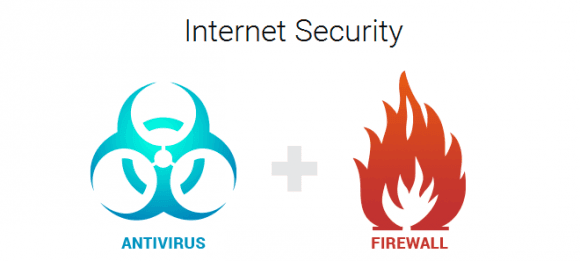
A firewall is added security for your network and all your devices. A firewall blocks unauthorized access to your computer and ensures that all your networks are secured.
Anti-virus software also ensures to detect (and delete) any viruses that accidentally entered your device, notify you about poor Wi-Fi passwords, block suspicious websites, etc. It’s important to never disable your firewall or antivirus software.
4. Protect your mobile
More than laptops and computers, mobile phones are the lifelines for most people. Imagine the amount of data and money you will lose if your phone crashes due to a virus!
Risky apps, unsafe URLs delivered via text messages, being added to spam WhatsApp groups, pop-ups with false messages, installing programmes via APKs, and a variety of other methods are all used to get access to phones.
Make sure not to fall prey to any such tactics and install a good antivirus app on your mobile.
5. Click wisely
Careless clicking might result in a variety of issues. Any site that asks for needless personal information, credit card information, or a bank number when it isn’t required should be avoided.
This might indicate that they are phishing for your personal details. The site may claim that the information is needed to “verify you” and that you will never be charged.
You should also be careful of suspicious and spam e-mails, online offers that appear too good to be true, websites with a lot of advertising or repeated pop-ups, and websites that require you to instal a plugin in order to see the information.
These are all tactics used to entice clicks and extract personal information.
Also Read: Why Every College Student Should Spend At Least 15 Mins A Day On LinkedIn
6. Update, update, update
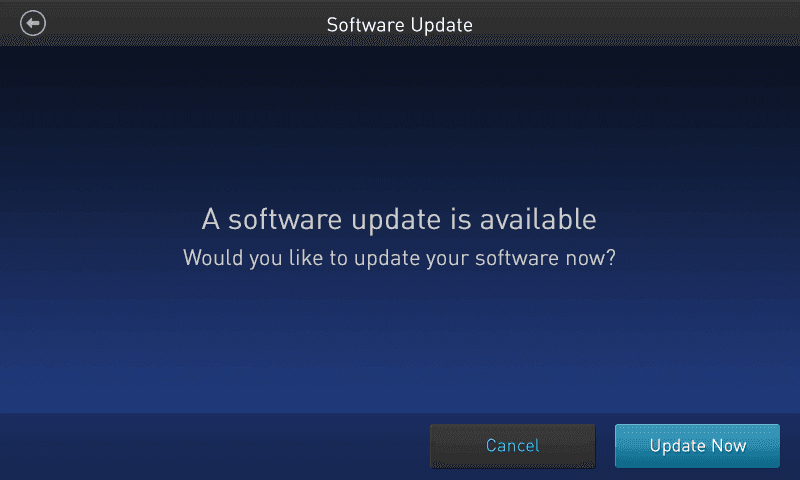
It may be inconvenient to update your software on a regular basis, but here’s why you should: Viruses are constantly updated in order to find new ways to get around the newest software version.
Your software should be updated on a regular basis to ensure that it is always one step ahead of the virus. Updating all software ensures you have the most up-to-date security. If feasible, turn on automatic Wi-Fi upgrades so you don’t have to think about it.
Also, make sure that your security software runs regular virus scans on your device and scans when a new device like a pen drive is connected to it.
7. Think before installing
Sometimes, while installing a programme on your device, other add-on plug-ins, extensions and software get installed too. Sometimes, the software even changes your default settings.
These tactics are not only unethical but risky also. It’s therefore important to read the fine print and see exactly what all is being installed. “Uncheck” items that you don’t need from the installation.
8. Confirm site security
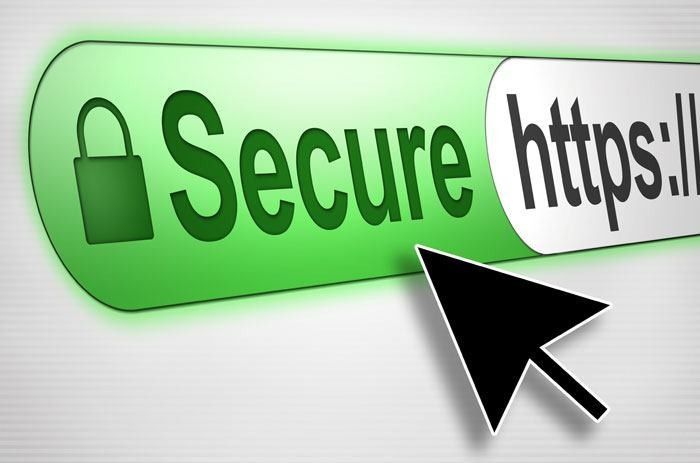
One way to determine if a site you are visiting is trustworthy is to check whether there is a green padlock on your browser’s address bar.
The green padlock shows that traffic between you and the site is encrypted and that the domain’s ownership has been validated.
Another way to check a site’s trustworthiness is by ensuring the address starts with “HTTPS” and not just “HTTP”. However, if you have an anti-virus installed on your device, you won’t be able to visit a suspicious site anyway.
Also Read: A Social Media Essay on its Pros and Cons
9. Be careful about E-mails with “Caution”
Malware is often distributed through e-mails. Hackers create and send out sophisticated-looking e-mails that contain either attractive sales offers or official-looking messages from important institutes.
These links and/or attachments, when clicked, trigger malware downloads or take you to websites that try to steal your personal information. So, be cautious when checking your e-mails.
Do not open e-mails from unknown addresses, and if you do, check the security status of the mail by clicking on the drop-down button next to the sender’s address and looking for the green or grey lock-,- that represent a secured mail.
A red lock – – represents an unsecured (suspicious) mail. Also, be suspicious of any unsolicited offers, files, and URLs on the mail (do the links and files look legit? Are there any random string of alphabets in the name?) Finally, do not disclose any of your information on a site you don’t know and trust.
10. Practice safe online shopping
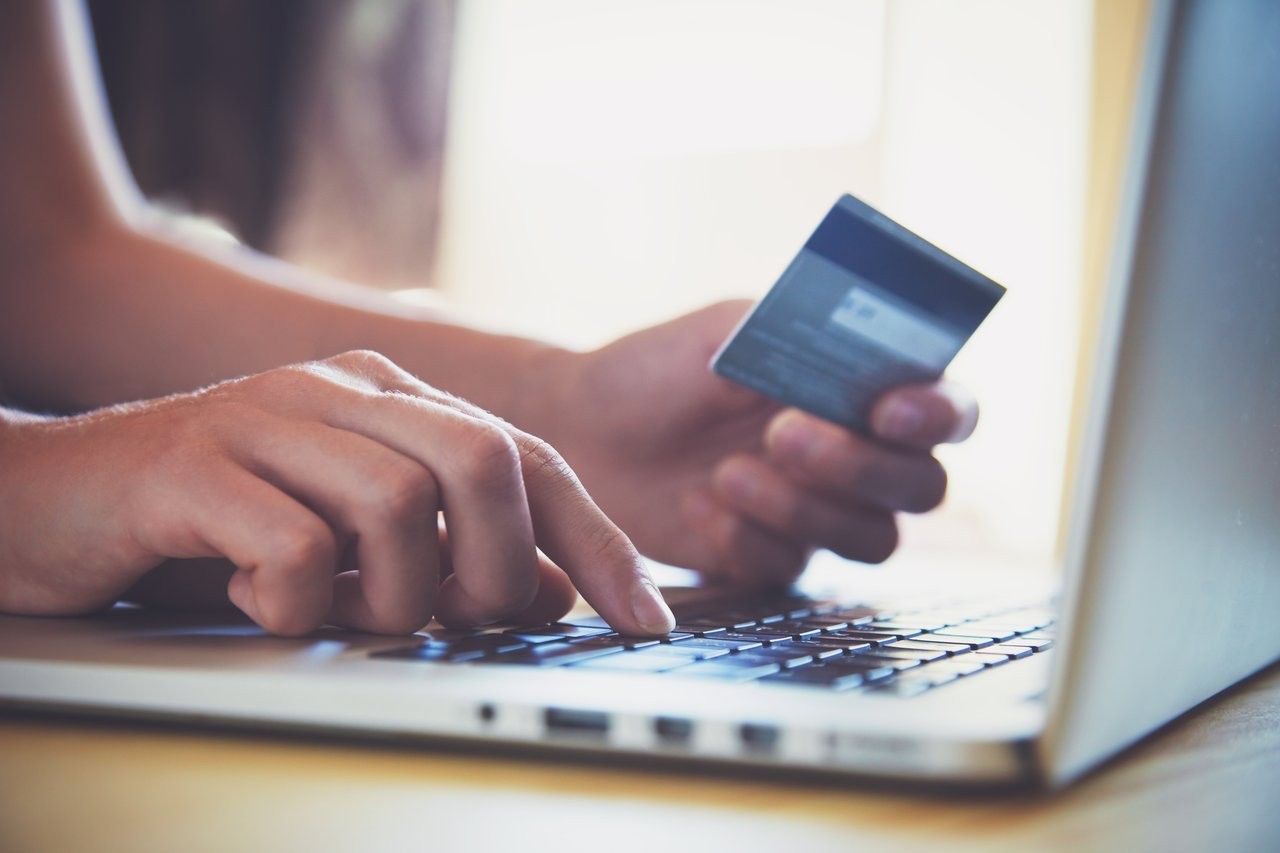
By 2020, 70% of Indian internet users would have shopped online at least once. The number of new e-commerce portals that open up on a daily basis is something to marvel at and think about.
Will all of them be legit? No, of course not. So be careful about the places where you shop online and share your bank details, home/work addresses and your IP address. Shop only on reliable websites that have a secured payment gateway.
The internet may have some disadvantages like safety issues but it has also transformed lives. Digital revolutions are underway and we cannot ignore the benefits that it has brought about.
Thus, if you wish to be a part of this digital revolution, get started with this Online Digital Marketing Course in India which prepares you for the corporate world in under 3 months!
Become a part of top companies’ digital efforts with this course.
That is all for our blog on the Top 10 Online Safety Tips you should be aware of and keep in practice.
Be sure to let us know down below in the comments if we’ve missed anything.
